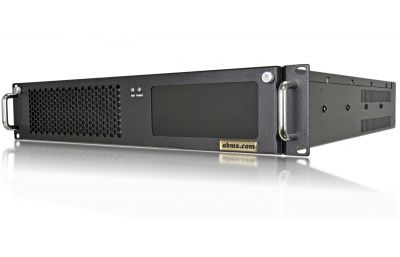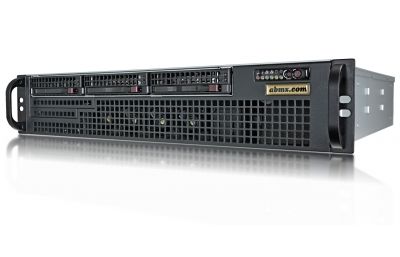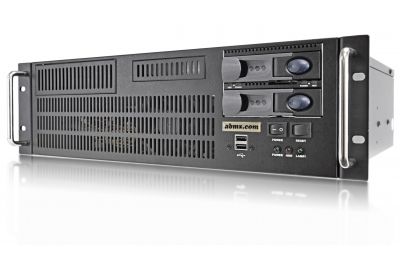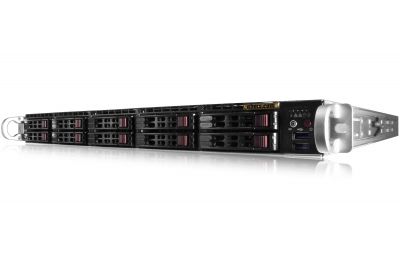We get plenty of questions asking what RAID edition drives actually offer.
Generally, the answer was firmer springs for vibrations in larger arrays and a longer warranty. One of the features of the RAID edition drives could be unlocked on desktop drives through a simple program. But as of late, there has been a movement towards further separating the desktop and enterprise drives. This is done by having the previously unlock-able feature called Time Limited Error Recovery (TLER) completely disabled on the desktop grade hard drives.
TLER is the name that Western Digital uses for this technology. It is also called Error Recovery Control (ERC) by Seagate, and Hitachi and Toshiba named it Command Completion Time Limit (CCTL). This feature prevents hard drives from going into a deep recovery state, which could last anywhere from a couple seconds to a few minutes. The hard drive allows itself to go into a recovery state for a given period of time, generally 7 seconds by default, to fix any issues. If the hard drive is unable to fix the issue, it stops the recovery process so the drive can become responsive again and can also offload some of the recovery process off to the RAID controller.
So then the a question arises, which is, “Why does this matter?” Hardware RAID controllers have a timeout period, where if a drive becomes unresponsive, the controller gives the drive a chance to respond again. If the drive doesn’t respond within that time frame, it is removed from the array. This puts the array in a degraded state, which creates a greater risk of losing the entire array during the rebuilding process. This timeout period has also been implemented in some software RAIDs as well.
While Western Digital does not condone the use of desktop grade hard drives in any RAID scenario, it is still entirely possible. We still use desktop grade hard drives in quite a few arrays, and they have been quite stable. However, for larger arrays as well as mission critical arrays, we recommend RAID edition drives for the extra security.





